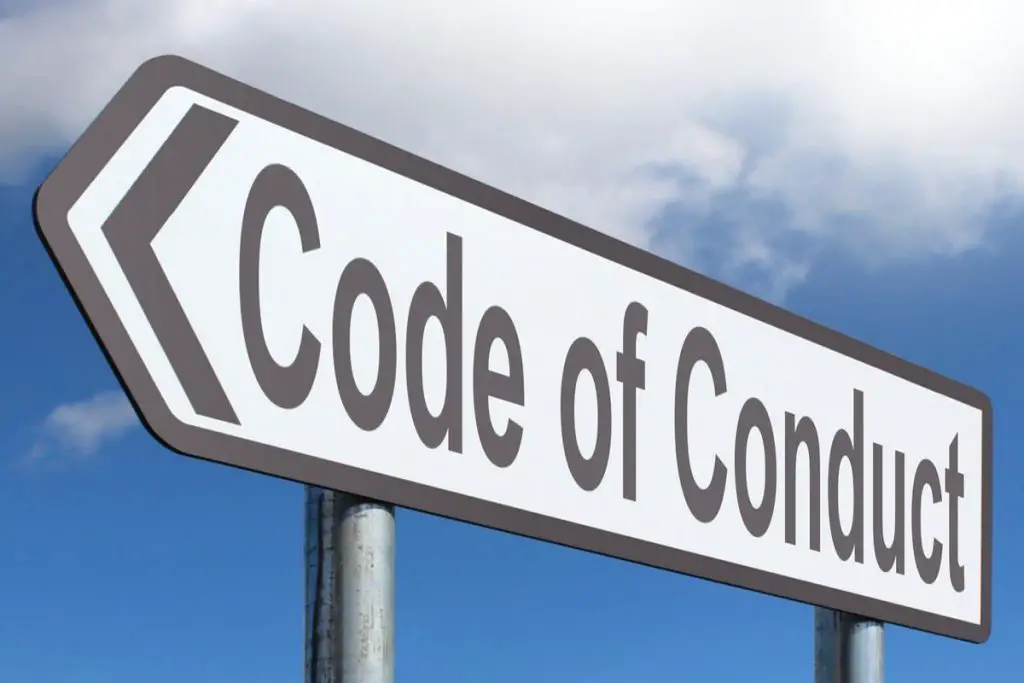The Roles of Stakeholders and External Bodies in Education and Training
It is rare for any organisation to work in isolation, there are normally interactions with stakeholders and external bodies, this is especially the case within education and the following are third parties that have a role within the teaching sector: ESFA The Education Skills Funding Agency is responsible for all matters relating to funding within […]
The Roles of Stakeholders and External Bodies in Education and Training Read More »










